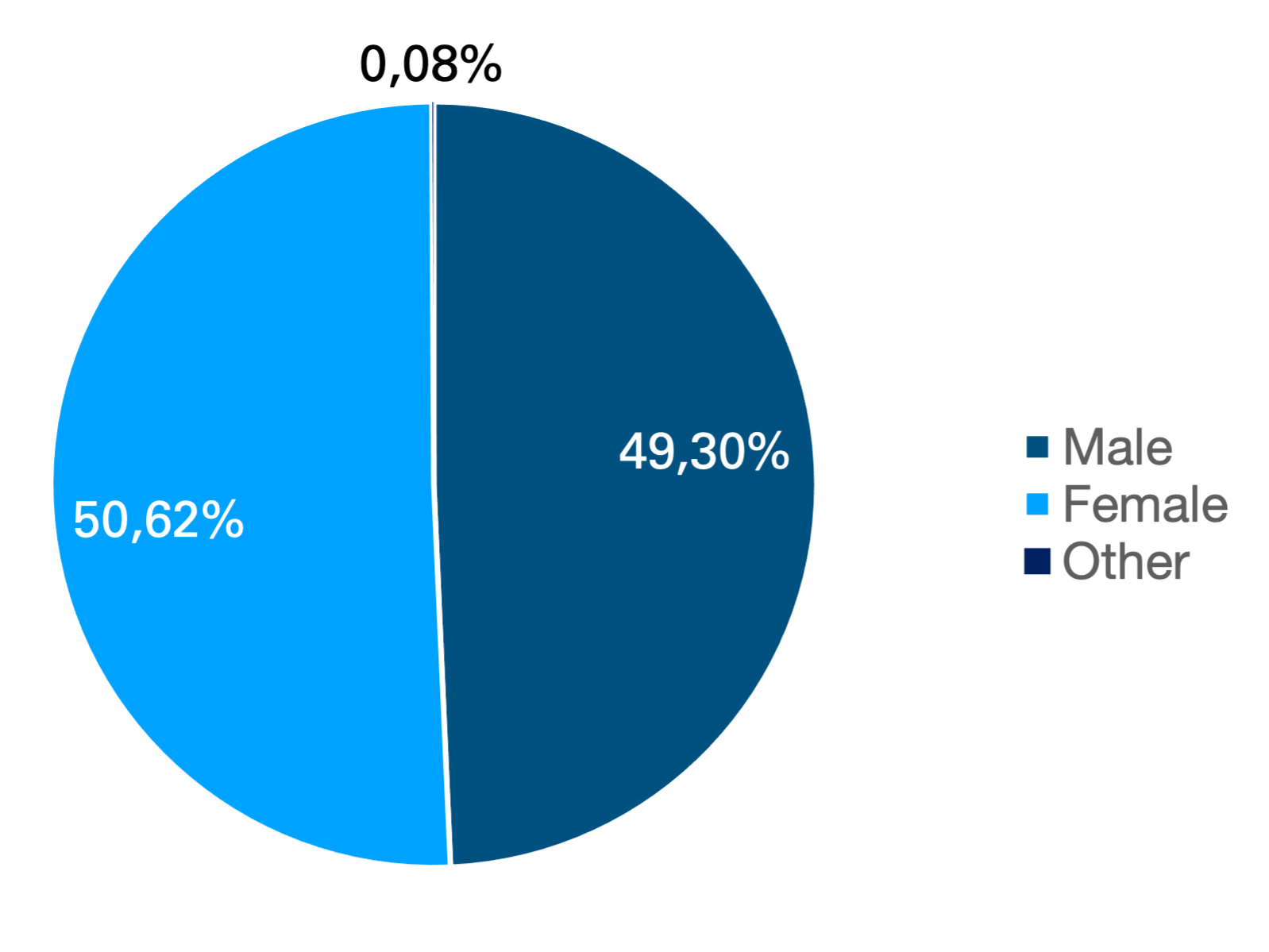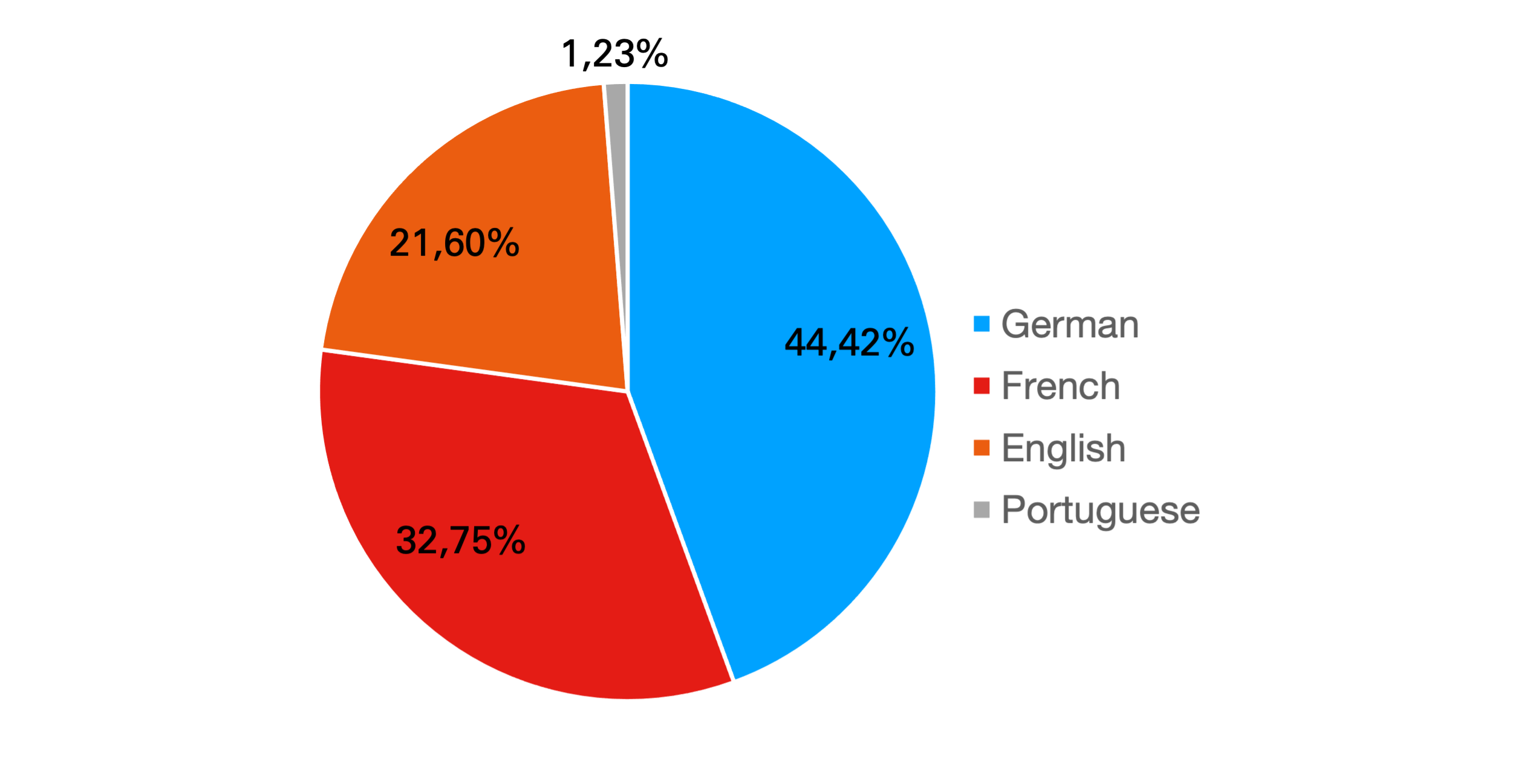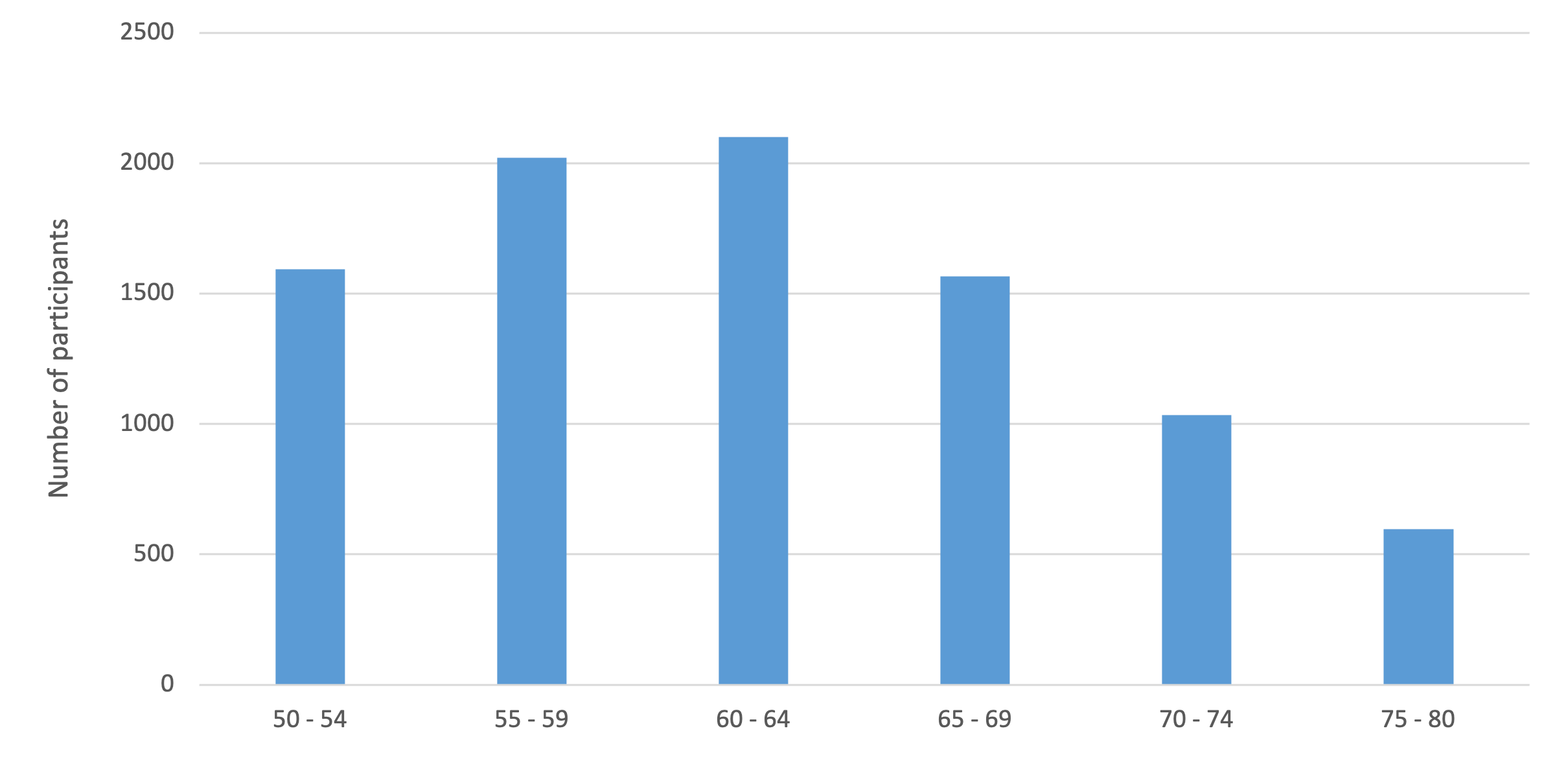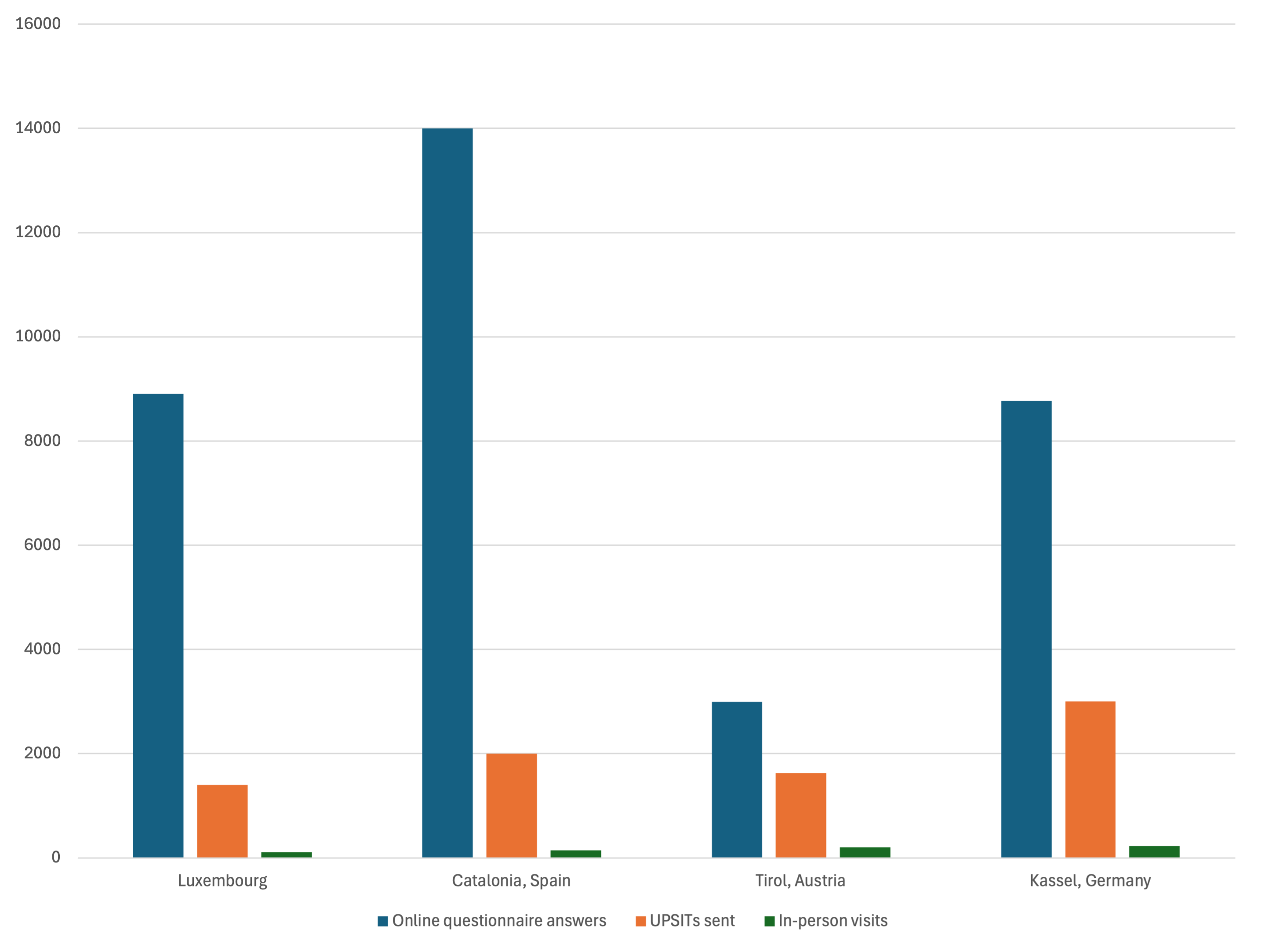Understanding risk factors for neurodegenerative diseases: precision prevention for healthy ageing

In September 2022, we launched the Healthy Ageing Study to find out more about the risk factors for age-related neurodegenerative diseases in the population of Luxembourg and the Greater Region. Our research team aims to identify novel risk factors and to gain insight into emerging strategies for better preventing the development of neurodegenerative diseases. Learning more about the risk factors for these diseases may ultimately facilitate diagnosis at an earlier stage, allowing for a more efficient treatment. Today, we would like to thank you for your important support for this internationally embedded endeavour together with our partners in Germany, Austria and Spain, which made the project a success!
Step 1: The online survey
This first step – a 20-minute online questionnaire – took place between September 2022 and February 2024. More than 10.000 residents from Luxembourg and the Greater Region aged 50-80 participated in the study, resulting in 8.908 fully completed questionnaires (including 4.509 women and 4.392 men). Questionnaires were filled in four languages: German (44,42%), French (32,75%), English (21,60%) and Portuguese (1,23%).



The age distribution of participants
Step 2: The smell test
Based on the answers to the online questionnaire, our study team is currently contacting a subset of participants to invite them to take part in the second step of this study: performing a smell test at home and sharing the results with the team. If you are contacted, it does not mean that you are at an increased risk, as the team is contacting participants with low and high risk. At this moment, we have already sent ~1.400 smell tests and we are still continuing to send out.
Steps 3: In-person assessment
Based on the results of the smell test, some of these participants will subsequently be invited to come to our Research Clinic in Luxembourg City for a detailed clinical examination and to donate biosamples. This assessment includes the following steps:
- A medical interview
- A medical examination
- A more detailed olfactory test
- A set of memory tests
- The collection of blood samples
Step 4: Annual follow-ups
Participants that have been invited for in-person assessment will be invited annually for follow-up examination to closely track any possible changes in (brain) health.
We are confident that our data analyses are of high relevance to better understand risk factors for neurodegenerative diseases. As risk factors may change over time, we may get back to all people that completed the online survey of our study to repeat the online test in the upcoming years.
We would like to thank all the participants in the online survey and those of you who will continue further. Your contribution in the different steps of the study supports research on risk factors for age-related neurodegenerative diseases in Luxembourg!
A European-wide effort
Our Luxembourg Healthy Ageing Study is part of an international effort in which scientists from Luxembourg, Germany, Austria and Spain collaborate to shed light on the risk factors underlying neurodegenerative diseases in Europe. Are you curious, how the other sites are progressing?
Catalonia, Spain: The campaign started in June 2022. Almost 14,000 residents aged 50-80, completely filled in the questionnaire. Researchers have already invited around 2,000 participants for the smell test and 145 for in-person assessments.
Tirol, Austria: The campaign started in April 2022. Almost 3,000 residents, aged 50-80, completely filled in the questionnaire. Researchers have already invited around 1,629 participants for the smell test and around 200 for in-person assessments.
Kassel, Germany: The campaign started in January 2022. Almost 8,800 residents, aged 50-80, completely filled in the questionnaire. Researchers have already invited 3,000 participants for the smell test and 228 for in-person assessments.
Comparison across the four HeBA sites

Introducing the Parkinson's Progression Makers Initiative (PPMI)
The fight against neurodegenerative diseases is a global one. Therefore, our Luxembourg Healthy Ageing Study is embedded into a worldwide effort of The Michael J. Fox Foundation (MJFF) to understand risks for neurodegeneration and defining strategies for prevention and better treatments. We are particularly proud that recently Luxembourg’s efforts in Parkinson’s research have been recognised globally:
Our flagship National Centre of Excellence in Research on Parkinson’s disease (NCER-PD), now a joint effort of the Luxembourg Institute of Health (LIH), the Centre Hospitalier de Luxembourg (CHL), the University’s Luxembourg Centre for Systems Biomedicine (LCSB), the Laboratoire National de Santé (LNS), les Hôpitaux Robert Schuman (HRS) and the Centre Hospitalier Emile Mayrisch (CHEM), has become one of the 51 clinical sites participating in the Parkinson’s Progression Markers Initiative (PPMI), a landmark observational clinical study sponsored by The Michael J. Fox Foundation for Parkinson’s Research (MJFF).
PPMI aims to understand what occurs in the early phases of Parkinson’s, prior to diagnosis. With this new partnership, we will be able to study Parkinson’s biomarkers in the Luxembourg and Greater Region population and follow-up those at a higher risk of developing the condition e.g. patients with REM sleep behaviour disorder (RBD) and smell loss. The study will involve in-depth clinical assessments, brain scans, sample collection and wearable devices.
Joining forces globally
PPMI is a global effort bringing together researchers, clinicians and individuals affected by Parkinson’s to unravel the mysteries of the disease. By collecting comprehensive data from diverse sources, including clinical assessments, imaging, and biological samples (e.g. blood), PPMI seeks to identify biomarkers that can aid early diagnosis and tracking progression. The ultimate goal of this project is to accelerate the development of new treatments and interventions
The success of PPMI relies on collaboration. Researchers worldwide are pooling their expertise and resources to analyse the extensive dataset generated by the initiative. Initial findings have provided valuable insights into the varied symptoms that Parkinson’s causes and potential factors influencing its progression. The collaborative spirit driving PPMI is a testament to the power of collective efforts in the fight against Parkinson’s.




